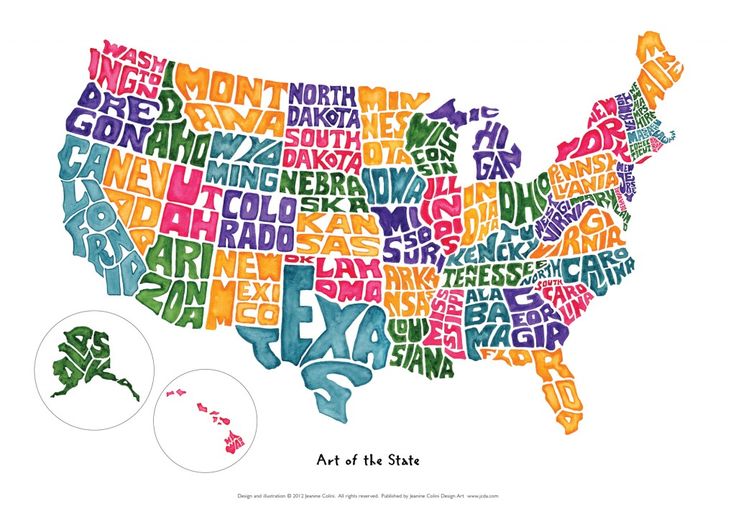The Gig Economy and U.S. Employment Laws: What Freelancers Should Know
Introduction
The gig economy has revolutionized the way people work, providing flexibility and independence for millions of freelancers across the United States. From ride-sharing drivers to freelance writers, the gig economy offers various opportunities. However, many freelancers remain uncertain about their legal rights, tax obligations, and benefits under U.S. employment laws. This article explores key aspects of employment laws that every freelancer should know.
Understanding the Gig Economy
The gig economy consists of short-term, flexible jobs, often facilitated by digital platforms such as Uber, Upwork, and Fiverr. Unlike traditional employment, freelancers operate as independent contractors, meaning they are not classified as employees. This distinction significantly impacts their legal rights and responsibilities.
Employee vs. Independent Contractor: Key Differences
One of the most critical legal considerations for freelancers is whether they are classified as independent contractors or employees. The classification affects taxation, benefits, and legal protections.
The ABC Test
Many states, such as California, use the ABC Test to determine worker classification. Under this test, a worker is considered an independent contractor if they:
- Are free from control and direction by the hiring entity.
- Perform work outside the usual course of the hiring entity’s business.
- Are customarily engaged in an independently established trade or occupation.
If a worker does not meet these conditions, they may be classified as an employee, which entitles them to benefits such as minimum wage, overtime pay, and workers’ compensation.
U.S. Employment Laws and Freelancers
Since freelancers are classified as independent contractors, they do not receive the same protections as employees under key labor laws, including:
1. Fair Labor Standards Act (FLSA)
The FLSA establishes minimum wage and overtime requirements but does not cover independent contractors. This means freelancers must negotiate their rates independently.
2. Occupational Safety and Health Act (OSHA)
Freelancers are generally not protected by OSHA regulations, meaning they are responsible for ensuring their own workplace safety.
3. Family and Medical Leave Act (FMLA)
Employees are entitled to unpaid leave for family or medical reasons under the FMLA, but freelancers do not receive this benefit. They must plan for personal time off without legal protections.
4. Anti-Discrimination Laws
While employees are protected under laws such as the Civil Rights Act, freelancers have limited legal recourse if they face discrimination. However, they may still be protected under contractual agreements or state laws.
Tax Responsibilities for Freelancers
Freelancers are responsible for managing their own taxes, which differs significantly from traditional employment.
1. Self-Employment Tax
Since freelancers do not have an employer withholding Social Security and Medicare taxes, they must pay self-employment tax (15.3%) on their earnings.
2. Quarterly Tax Payments
Freelancers must estimate and pay quarterly taxes to the IRS to avoid penalties.
3. Deductions and Write-Offs
Freelancers can deduct business-related expenses, including:
- Home office expenses
- Internet and software subscriptions
- Travel and equipment costs
Protecting Yourself as a Freelancer
To navigate the gig economy successfully, freelancers should consider the following steps:
1. Draft Clear Contracts
Always use contracts that outline payment terms, project scope, and dispute resolution.
2. Understand Platform Policies
Freelancers using platforms like Upwork or Fiverr should review terms and conditions to avoid disputes.
3. Consider Business Insurance
Liability insurance can protect freelancers from legal claims and contract disputes.
4. Save for Retirement
Since freelancers do not receive employer-sponsored retirement benefits, options such as Solo 401(k)s or SEP IRAs can help build savings.
Future of Gig Economy Regulations
Regulators are increasingly focused on protecting gig workers. States like California and New York have proposed stricter laws regarding freelancer rights, and federal lawmakers continue to debate potential policy changes. Staying informed about legislative developments can help freelancers adapt to legal changes.
Conclusion
The gig economy offers freedom and flexibility but also presents legal challenges that freelancers must navigate. Understanding employment classifications, tax responsibilities, and legal protections is crucial for long-term success. By staying informed and proactive, freelancers can protect their rights, optimize their earnings, and thrive in the evolving gig economy landscape.
















Leave a Reply